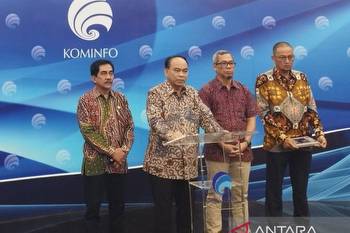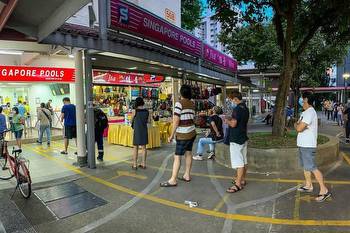Populix Survey: Online Gambling Exposure Reaches 82% of Indonesian Internet Users
TEMPO.CO, Jakarta - For the past six months, around 82 percent of Indonesian internet users have been exposed to online gambling content, a Populix survey found. Out of those, 63 percent see online ads in similar veins every time they surf the internet.
"Online gambling ads exposure has grown an unprecedented amount in Indonesia," said Vivi Zabkie, Head of Social Research at Populix, in a written statement on Tuesday, Feb. 6, 2024. Online gambling ads are spread across social media platforms and websites.
According to Vivi, the ads have a real impact in influencing those seeing them to access the gambling sites.
Referring to the Indonesian Financial Transaction Reports and Analysis Center (PPATK) data, a total of Rp327 trillion of money circulated from online gambling throughout 2023, from more than 168 million transactions by 3.29 million Indonesian citizens.
Populix released its newest survey titled "Understanding the Impact of Online Gambling Ads Exposure” which found that slot games dominated the ads scene by a whopping 80 percent. It is followed by domino gambling ads (59%), online poker games (48%), online casinos (47%), and soccer betting pools (44%).
Around 84 percent of the survey respondents observed that online gambling ads are seen on online media platforms such as Instagram, YouTube, and Facebook. The ads are also found on film-watching websites (55%), and gaming websites (57%). Influencers are also found participating in promoting online gambling.
Vivi explained that 41 percent of the respondents felt the pull to access the online gambling sites after being exposed to the ads. Out of those, 16 percent admitted to being active participants in gambling. Most are using e-wallets for transactions with an average of less than Rp100,000 per gamble.
The survey was participated by 1,058 people. The majority are working-class Gen Zs and millennials residing on Java Island. As many as 74 percent of the respondents are supportive of the Communication and Communication and Informatics Ministry to limit access to online gambling content.






























